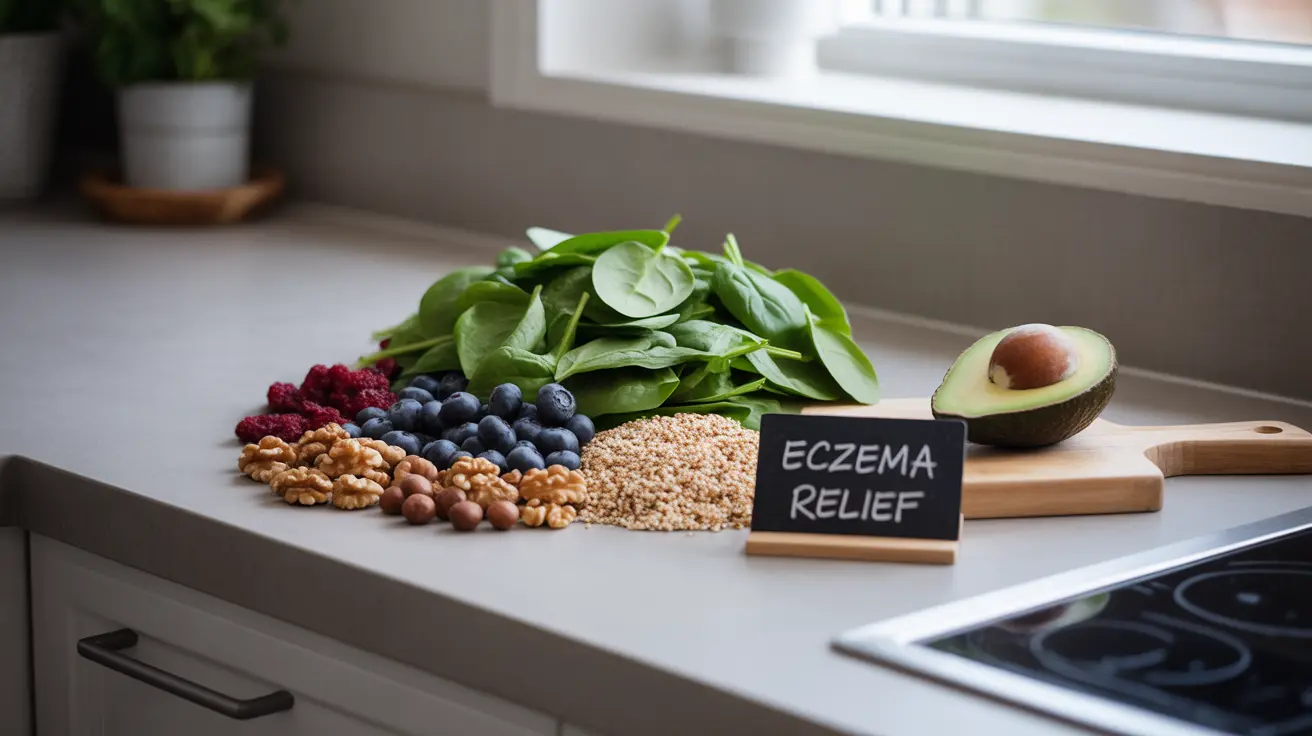For many fitness enthusiasts following a vegetarian lifestyle, the question of building muscle effectively while maintaining their dietary choices is a top concern. The good news is that achieving significant muscle gains on a plant-based diet is not only possible but can be highly effective with the right approach and knowledge.
In this comprehensive guide, we'll explore how to optimize muscle growth through vegetarian nutrition, examining the best protein sources, proper intake requirements, and strategies for ensuring complete nutrition without animal products.
Essential Plant-Based Protein Sources for Muscle Growth
Building muscle as a vegetarian requires careful attention to protein-rich plant foods. Here are the most effective sources:
- Legumes (15-20g protein per cup):
- Lentils
- Chickpeas
- Black beans
- Kidney beans
- Soy products (15-25g protein per serving):
- Tempeh
- Tofu
- Edamame
- Seeds and nuts (6-9g protein per ounce):
- Pumpkin seeds
- Hemp seeds
- Almonds
- Quinoa
Optimizing Protein Intake for Muscle Development
For vegetarian athletes focused on muscle growth, protein timing and quantity are crucial factors. The recommended protein intake for muscle building ranges from 1.6 to 2.2 grams of protein per kilogram of body weight daily, depending on training intensity and individual goals.
To maximize muscle protein synthesis, spread protein intake across 4-6 meals throughout the day, ensuring each meal contains at least 20-30 grams of protein from various plant sources.
Creating Complete Protein Profiles
While animal proteins contain all essential amino acids, many plant proteins are incomplete. The key is combining complementary protein sources throughout the day:
- Grain + Legume combinations:
- Rice and beans
- Quinoa and lentils
- Whole grain bread with hummus
- Seed + Legume pairings:
- Hemp seeds on a lentil salad
- Pumpkin seeds with chickpea curry
Strategic Meal Planning for Muscle Growth
Success in building muscle on a vegetarian diet requires thoughtful meal planning. Focus on creating balanced meals that include:
- Complex carbohydrates for energy and recovery
- Healthy fats for hormone production
- Various protein sources for complete amino acid profiles
- Micronutrient-rich vegetables and fruits
Supplementation Considerations
While it's possible to build muscle without supplements on a vegetarian diet, certain supplements can be beneficial:
- Vitamin B12
- Plant-based protein powder
- Creatine (vegetarian sources available)
- Iron supplements (if needed)
Frequently Asked Questions
What are the best plant-based protein sources for building muscle on a vegetarian diet?
The best plant-based protein sources include legumes (lentils, chickpeas, beans), soy products (tempeh, tofu, edamame), quinoa, seitan, and various seeds and nuts. These foods provide substantial protein content and can be combined to create complete protein profiles.
How much protein do I need to consume daily to build muscle as a vegetarian?
Aim for 1.6-2.2 grams of protein per kilogram of body weight daily. For a 70kg person, this means consuming between 112-154 grams of protein per day, spread across multiple meals.
Can I build muscle without supplements on a vegetarian diet?
Yes, you can build muscle without supplements on a vegetarian diet. While supplements can be helpful, focusing on whole food protein sources, proper meal timing, and adequate caloric intake is most important for muscle growth.
What are some high-protein vegetarian foods that complement each other for complete amino acid profiles?
Effective combinations include rice with beans, quinoa with lentils, whole grain bread with hummus, and hemp seeds with legumes. These pairings ensure you get all essential amino acids needed for muscle growth.
How can I ensure I'm getting enough essential amino acids from plant-based sources while trying to build muscle?
Focus on eating a variety of protein sources throughout the day, combining different plant proteins at meals, and including complete protein sources like quinoa and soy products. Tracking your protein intake and eating regular, balanced meals will help ensure adequate amino acid consumption.




